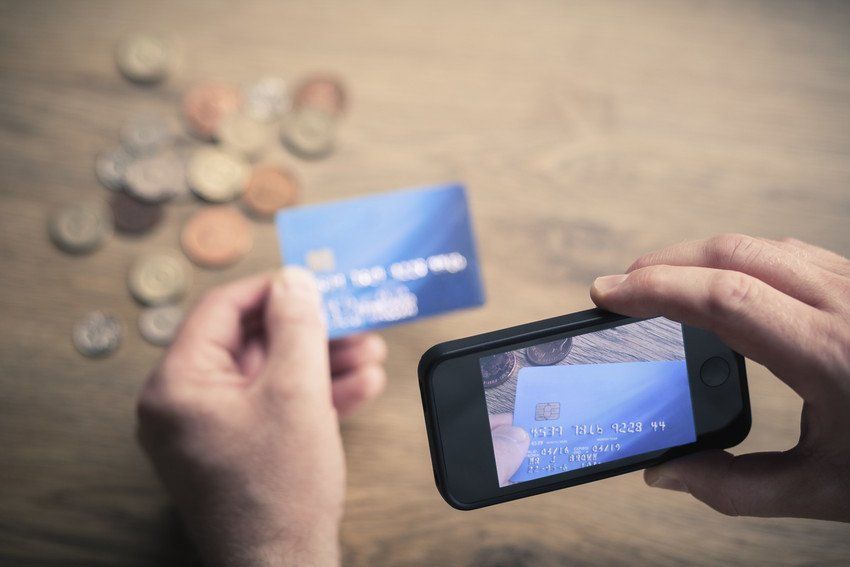Four Ways to Protect Yourself Against Fraud

We all like to think we’re immune to fraud or scams, but unfortunately, it can happen to anyone - anytime and anywhere. Most of us are adept at spotting the obvious spam emails and calls, but scams are becoming increasingly sophisticated in an attempt to target individuals or businesses. Fraud can ruin lives; destroying companies, draining life savings or ruining reputations, so it’s vital to take measures to protect yourself or your business.
If you’re worried about the consequences of fraud, read on for four things you can do to reduce the chances of being affected by fraudulent activities or scams.
When was the last time you changed the PIN for your debit card or any of your online passwords? Chances are it was a while ago, but experts recommend changing all important PINs and passwords twice a year to stay vigilant. Avoid using obvious choices like ‘12345’ and names, dates or places which relate to you and would be easy to guess. Use one of the free programmes available to keep track of passwords (such as LastPass) if you’re struggling to keep track.
Any document containing sensitive data (such as receipts, bank statements or old tax returns) should ideally be shredded before it’s disposed of. Paper shredders can be bought from many high street stores for a reasonable price so it’s equipment that’s well worth investing in. Check how long certain papers need to be kept and clear the clutter by shredding the rest.
Scams and online fraud schemes are constantly evolving, but it helps to educate yourself on the common warning signs to look out for. Bear in mind that if something seems too good to be true, there’s a high chance it is, and never give out any payments or personal information until you’re sure that you’re dealing with a legitimate company.
Keep virus protection up to date
We conduct so much of our lives online nowadays, so it’s vital that you keep all operating systems and virus protection software up to date. Don’t ignore any updates as these are necessary to protect your systems from new scams, viruses and ransomware. It’s also important to use secure WiFi connections and avoid public WiFi for any sensitive transactions (e.g bank transfers or booking or holiday).
Being a victim of fraud can be devastating, but it can be just as damaging to be accused of fraudulent activity which you did not commit. If you’re facing fraud charges and are unsure about the next step, get in touch with the team at Lefevre Litigation. Our highly trained specialists have all the knowledge and experience required to help you deal with a wide range of fraud charges. Based in Aberdeen, we can work with you to help you obtain the best possible outcome, so give us a call today or visit our website to find out more.










